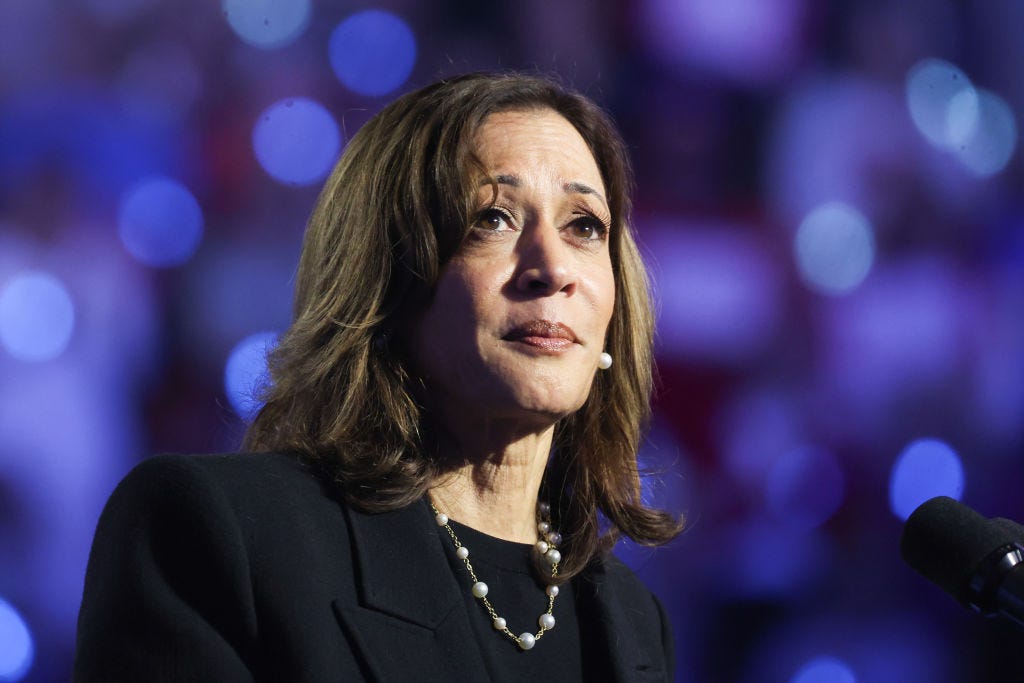How Harris and the Democrats Blew It
Democrats sabotaged their own campaign. Will they ever learn from their mistakes?

PHILADELPHIA – Kamala Harris, like Hillary Clinton, held her final campaign rally in Philadelphia. And Harris, like Clinton, suffered a shocking loss to Donald Trump.
But unlike in Clinton’s case, Trumpism was no mystery. Despite Harris spending ample time in Pennsylvania (she personally visited it at least 16 times since August), the state went to Trump. His victory here is part of a broader trend that can’t be chalked down to just one explanation.
Nearly every corner of the nation shifted rightward. While ballot counting continues in some states, Trump is on track to win the popular vote. He would be the first Republican to do so in two decades.
This was not inevitable. Though Democrats lost the Senate, nearly every Democratic Senate candidate outperformed Harris, while progressive policy referendums succeeded nationwide.
In a country where sexism and racism are endemic, it was never going to be easy for a Black and Indian woman to win. That, on top of having just 108 days to pull together a campaign after her boss ducked out way later than he should have. Moreover, incumbents worldwide have largely suffered electorally as they combatted inflation and navigated pandemic recovery. Biden, fair or not, was encumbered by this dynamic.
After Biden’s exit, Harris basked in a momentary surge, a coalescence reminiscent of the 2020 Biden-Sanders coalition. But decision after decision undermined any stability of that coalition, let alone expansion to voters who either moved to Trump or didn’t turn out.
The campaign moved to sunset Walz’s focus on calling his opposition “weird” (which helped catapult him to the ticket in the first place), bringing him instead to normalize JD Vance in a debate, which boosted Vance’s popularity. Vance meanwhile hammered the media circuit, in settings where he does fairly well. Harris, who also could perform well in candid settings, was at times cloistered off, opting to make less risky appearances and consequently be less likely to reach disenchanted or dissident voters.
Instead, in pursuit of the fabled suburban Republican, Harris made Liz Cheney – substantially more popular with Democrats than Republicans – her functional second running mate.


